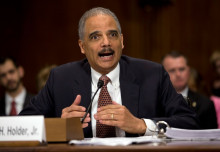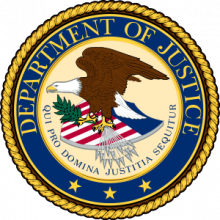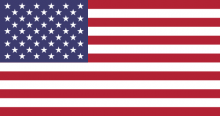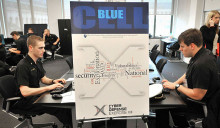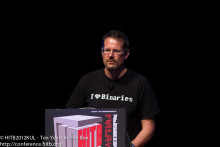Obama Administration Secretly Obtains Phone Records of AP Journalists
The Department of Justice secretly obtained phone records for reporters and editors who work for the Associated Press news agency, including records for the home phones and cell phones of individual journalists, according to the AP, in what the agency characterized as “serious interference with AP’s constitutional rights to gather and report the news.”














































